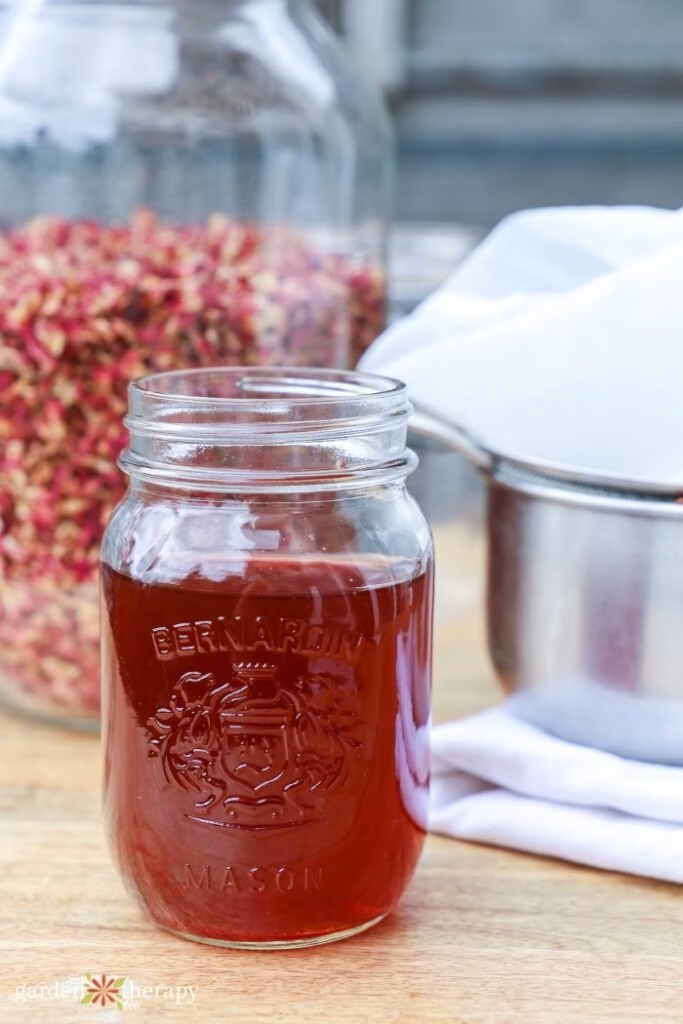
Have you ever tasted the exquisite flavors of Amigdalota With Rose Water? This delightful dessert, originating from the Mediterranean, specifically from Greece, is a perfect balance of sweet almond goodness and fragrant rose water. Widely popular in various cultures, Amigdalota captivates taste buds and brings back fond memories of traditional celebrations. In this article, you’ll learn how to prepare Amigdalota With Rose Water from scratch, delve into its unique flavor combinations, and even explore some variations to make this dish your own. Get ready to impress friends and family with this homemade treat!
Ingredients
| Ingredient | Amount | Description |
|---|---|---|
| Almonds | 2 cups | Raw almonds give Amigdalota its rich, nutty flavor, making it the star ingredient. |
| Rose Water | 2 tablespoons | This aromatic essence adds a unique floral note that elevates the dessert. |
| Sugar | 1 cup | Sweetness comes from sugar, balancing the almond flavor perfectly. |
| Egg Whites | 3 | Egg whites help to bind the mixture together, giving the Amigdalota its chewy texture. |
| Baking Powder | 1 teaspoon | This helps the dough rise slightly, adding a delicate fluffiness. |
| Salt | 1/4 teaspoon | A pinch of salt enhances all the flavors in this delightful dessert. |
| Powdered Sugar | For dusting | This is optional but adds a beautiful finishing touch. |
Step-by-Step Instructions
- Step 1: Prepare the Almonds – Start by blanching the almonds in hot water for about 1-2 minutes. After blanching, remove the skins and let them dry. Once dried, grind them into a fine powder. This almond flour will be the heart of your Amigdalota With Rose Water recipe.
- Step 2: Mix the Ingredients – In a mixing bowl, combine the ground almonds, sugar, baking powder, and salt. Stir well to mix all the dry ingredients thoroughly. In a separate bowl, whisk the egg whites until they form soft peaks. This lightens the mixture and gives your Amigdalota a wonderful texture.
- Step 3: Combine with Rose Water – Gently fold the egg whites into the almond mixture, then add the rose water. Make sure to mix until it’s just combined; you want to preserve that airy consistency!
- Step 4: Shape the Dough – Preheat your oven to 350°F (175°C). Line a baking sheet with parchment paper. Scoop small amounts of the mixture and shape them into balls. Place them on the prepared baking sheet, leaving space in between.
- Step 5: Bake – Bake in the preheated oven for 15-20 minutes or until the tops are slightly golden. The aroma wafting through your kitchen will have everyone curious about what’s cooking!
- Step 6: Cool and Serve – Once baked, allow the Amigdalota to cool on a wire rack. Dust with powdered sugar before serving. Enjoy these delightful cookies with a warm cup of tea or coffee.
Pro Tips
Tip 1: For an extra burst of flavor, consider adding finely chopped pistachios to your mixture. They complement the almond taste beautifully.
Tip 2: Don’t skip the cooling step; allowing them to cool completely enhances their texture.
Tip 3: Store any leftovers in an airtight container to maintain freshness for days.
Tip 4: If you love floral flavors, experiment with different essence types like orange blossom water.
Nutritional Information
| Nutrient | Per Serving |
|---|---|
| Calories | 150 |
| Protein | 5g |
| Carbohydrates | 20g |
| Saturated Fats | 1g |
| Fiber | 1g |
| Cholesterol | 0mg |
| Sugars | 10g |
| Fat | 5g |
FAQs
What is the best way to store Amigdalota With Rose Water?
Store your Amigdalota in an airtight container at room temperature to keep them fresh for up to a week.
Can Amigdalota With Rose Water be made vegan or gluten-free?
Yes! You can replace egg whites with aquafaba (chickpea water) and use gluten-free almond flour for a wonderful vegan and gluten-free version.
What are the best side dishes to serve with Amigdalota With Rose Water?
These sweet treats pair wonderfully with a cup of black coffee or a fragrant chai tea.
How long does it take to prepare Amigdalota With Rose Water?
The total time for preparation and baking is around 40-45 minutes, making it a quick dessert option!
Can I freeze Amigdalota With Rose Water for later?
Absolutely! Freeze them in an airtight bag or container for up to a month. Just thaw them before serving.
Is Rose Water safe for those with allergies?
Always check for allergies before consuming rose water, especially if you have sensitivities to other floral extracts.
Are there variations of Amigdalota With Rose Water?
Yes, you can tweak the recipe by adding different nuts, spices like cinnamon, or even cocoa powder for a chocolatey twist!
How do I enhance the almond flavor in Amigdalota?
To intensify the almond taste, consider using almond extract along with the ground almonds.
Now that you know how to make Amigdalota With Rose Water, it’s time to gather your ingredients and get cooking! This dessert isn’t just about flavor; it’s a delightful experience sure to take you back to those traditional feasts. Don’t hesitate to share your variations and experiences with us!
Tried this Amigdalota With Rose Water recipe? Let us know your experience in the comments!






